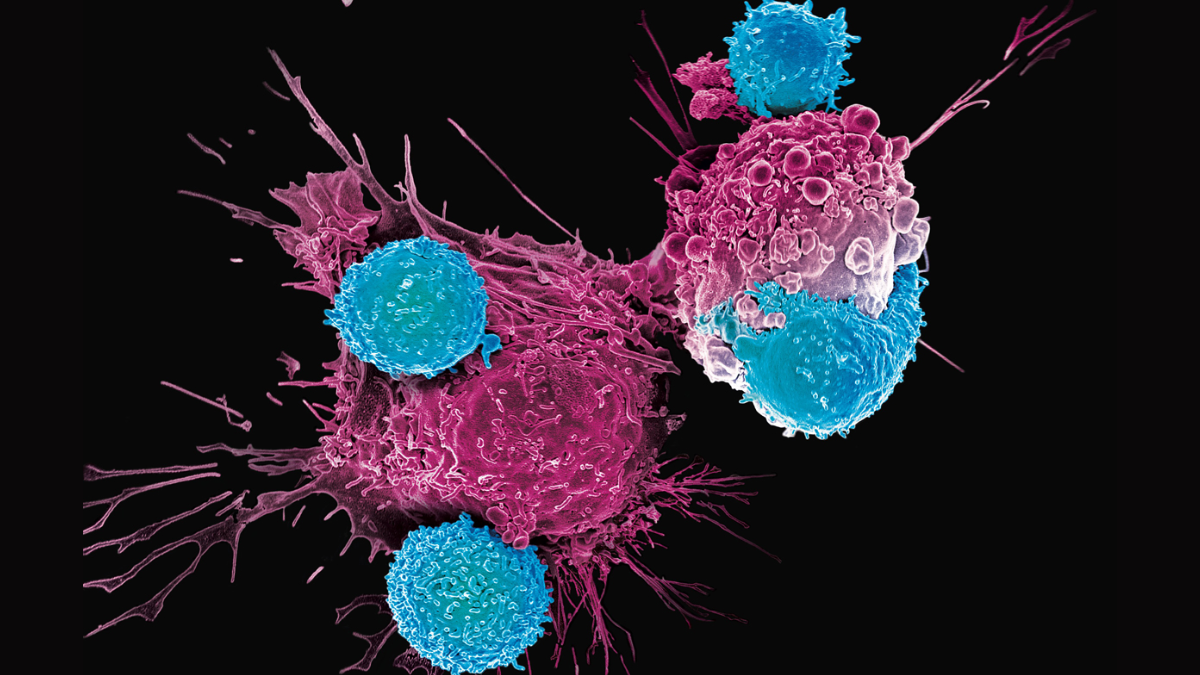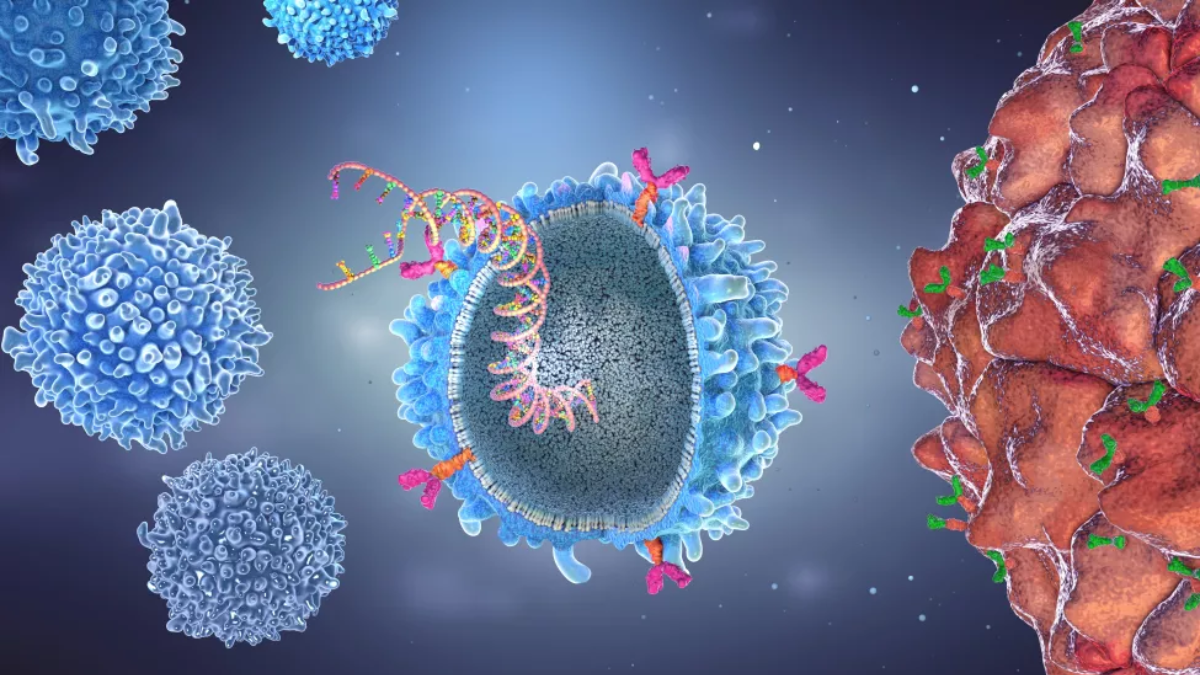
A powerful cancer treatment hailed as revolutionary is now facing new scrutiny after researchers discovered it may be linked to subtle but concerning cognitive issues. CAR-T cell therapy, a breakthrough immunotherapy that reprograms a patient’s own immune cells to attack cancer, could trigger “brain fog” — a condition marked by forgetfulness, confusion, and difficulty concentrating — according to a recent study conducted by scientists at Stanford University.
Table of Content:-
The Double-Edged Sword of CAR-T Therapy
While CAR-T cell therapy has transformed the landscape of cancer treatment by offering hope to patients with aggressive and otherwise fatal cancers, this innovative treatment appears to come with a neurological cost. The Stanford-led study found that even in the absence of chemotherapy or direct brain involvement, CAR-T therapy on its own could lead to mild cognitive impairment.

CAR-T, or Chimeric Antigen Receptor T-cell therapy, involves modifying T cells — a type of white blood cell — so they can more effectively recognise and destroy cancer cells. Although it is a beacon of progress for treating blood cancers and even some solid tumours, the therapy may also be altering how the brain functions.
Also Read: Texas Confirms First Measles Case In Dallas Amid Ongoing Outbreak
New Research Sheds Light on Brain Fog Mechanism
Published in the journal Cell, the study investigated how CAR-T therapy impacts cognitive function in mice. These animals had tumours either in the brain, metastasised to the brain, or restricted to other parts of the body, such as the bone and skin. The mice underwent cognitive testing both before and after receiving CAR-T treatment.

Interestingly, researchers observed cognitive impairment across nearly all groups, regardless of whether the cancer had invaded the brain. Only the group with bone cancer, which triggered minimal immune response outside the direct cancer-fighting activity, avoided cognitive side effects.
Also Read: Congo Floods Claim Over 60 Lives As Cholera Spreads And Conflict Rages, Says UN
Lead researcher Dr Michelle Monje, a pediatric neuro-oncologist at Stanford Medicine, explained, “CAR-T cell therapy is enormously promising. We are seeing long-term survivors after CAR-T cell therapy for aggressive cancers, saving patients who would otherwise have died. But we also need to understand all of its long-term effects — including this newly identified cognitive impact — to ensure the best quality of life for survivors.”

Microglia: The Brain’s Immune Cells Involved
The study zeroed in on microglia — the brain’s resident immune cells — as the main contributors to the neurological issues. The activation of these cells during CAR-T therapy seems to play a central role in the emergence of brain fog, mimicking similar pathways seen in patients recovering from chemotherapy or even respiratory infections such as COVID-19 and influenza.
The fact that these cognitive symptoms arose independent of chemotherapy or other medications often used in cancer treatment suggests CAR-T therapy alone may be sufficient to cause this side effect.
Hope for Recovery and Reversal
Despite the sobering findings, researchers say there is a silver lining. The study also identified potential strategies for reversing cognitive impairment caused by CAR-T therapy. By targeting the inflammatory pathways involved, particularly the role of microglia, scientists hope to develop medications that could prevent or alleviate brain fog in cancer survivors. “Therapies that help patients recover mentally after immunotherapy could dramatically improve quality of life,” the researchers noted.
Bottomline
As CAR-T cell therapy becomes increasingly mainstream in cancer treatment, these findings underscore the importance of monitoring not just survival outcomes, but also the long-term cognitive health of patients. While the treatment remains a medical milestone, doctors and researchers now have another dimension to consider — ensuring that patients don’t just live longer, but also live well.
Also watch this video
Read Next
Is Semaglutide Safe? Kelly Clarkson Shares Experience About Weight Loss Despite HR Pushback
How we keep this article up to date:
We work with experts and keep a close eye on the latest in health and wellness. Whenever there is a new research or helpful information, we update our articles with accurate and useful advice.
Current Version